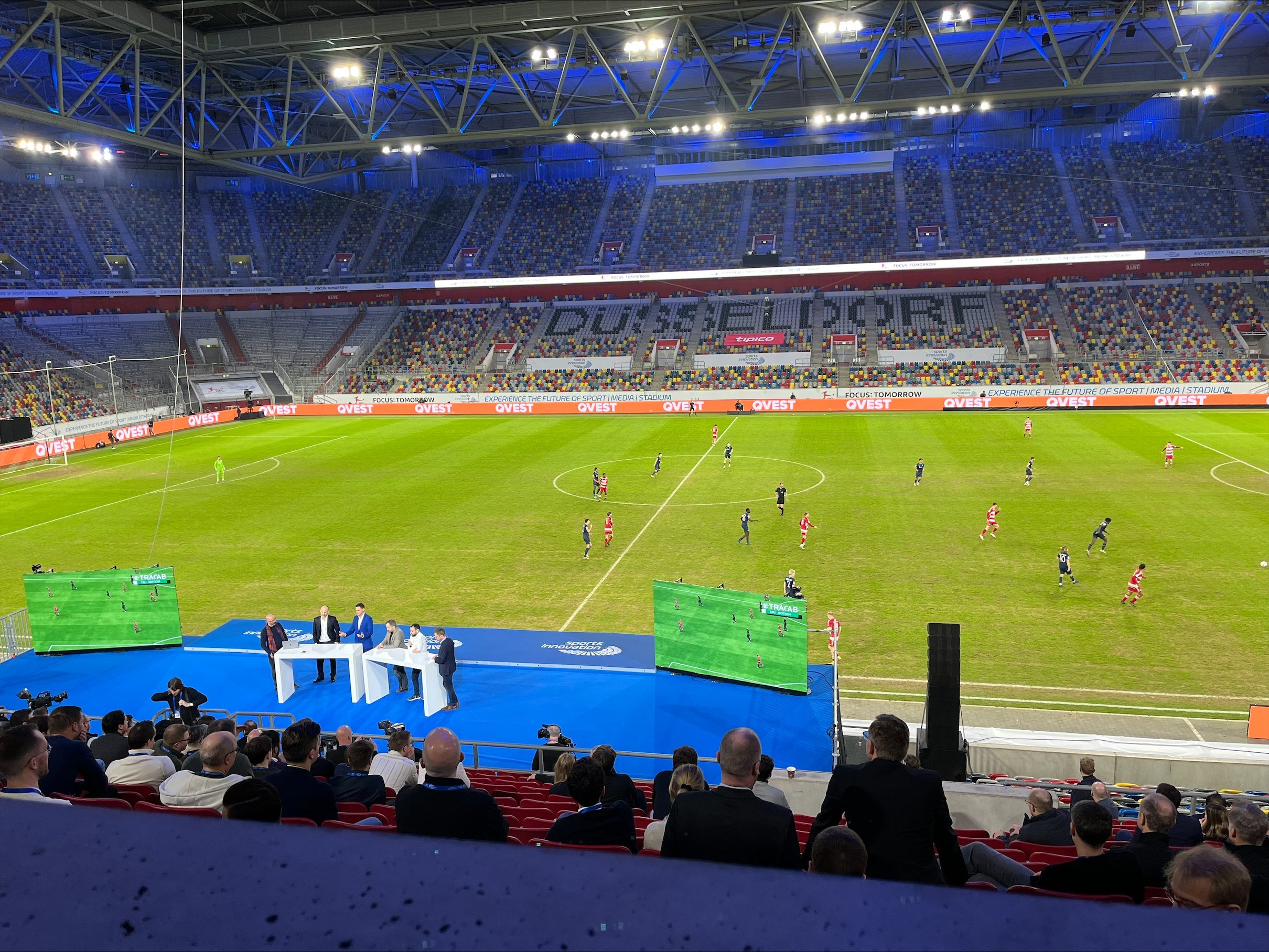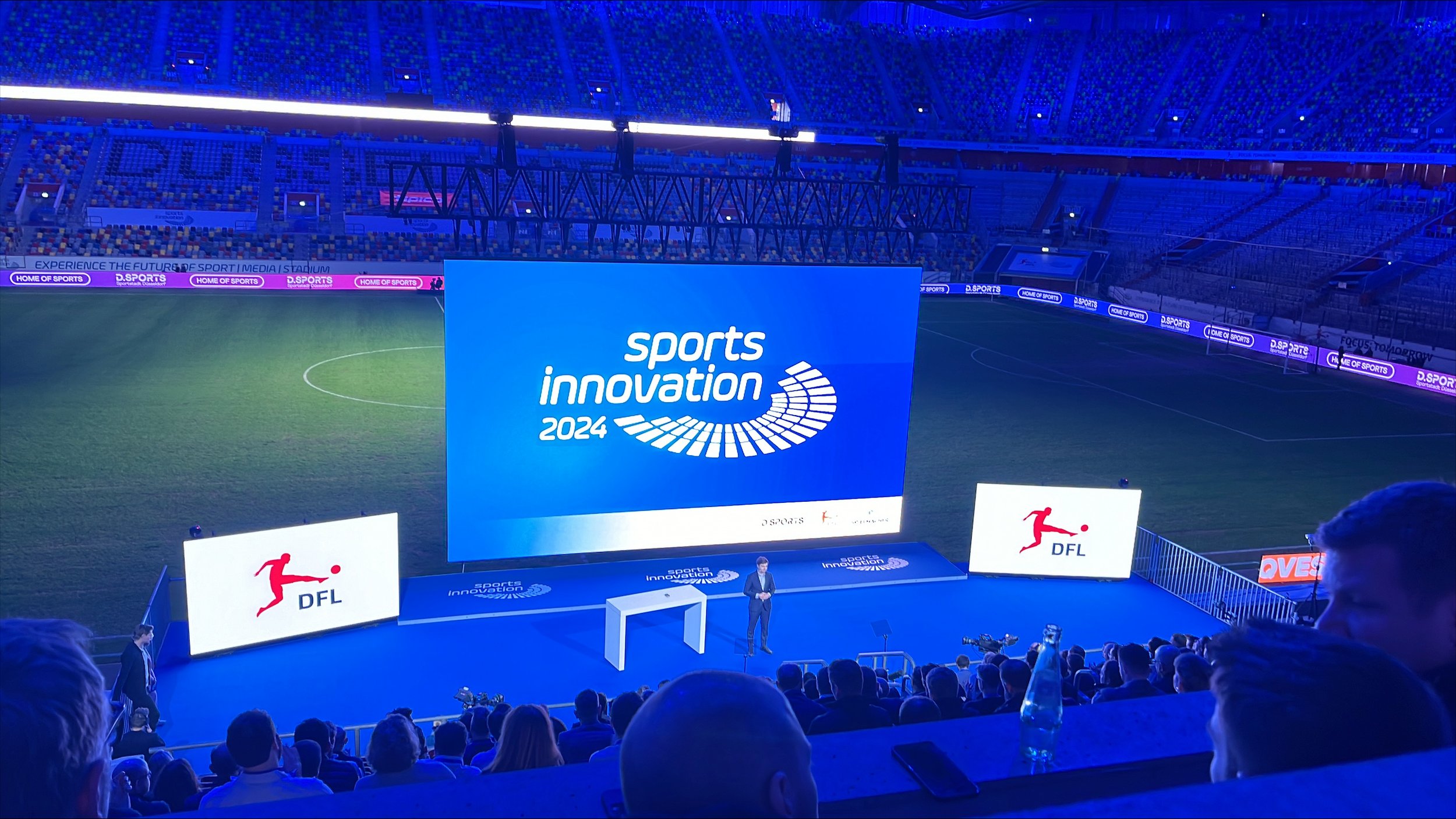The PMY Pulse - Custom Built Solutions for Football Teams
Navigating the Evolving Landscape of Sports Technology
SportsInnovation is a premier gathering that brings together industry leaders, innovators, and professionals to discuss the latest trends and advancements in sports technology. Last month's summit was both inspiring and thought-provoking, highlighting the continuous evolution and innovation in data and video usage within football, notably among teams and their staff.
A recurring theme at the event, alongside AI in football, was the increased access to raw data and video for teams. The range of available "ingredients" is growing richer, faster, and more diverse. This evolution makes tailoring solutions more feasible than ever before.
While this approach isn't yet universal, the Bundesliga and others are acknowledging that teams and stakeholders are increasingly capable of creating their own solutions rather than relying solely on prescribed ones.
The Importance of Controlling the Product Roadmap
Football teams face a significant challenge in maintaining control and adaptability of their product roadmap. Often, clubs are presented with an idealised vision of software features and timelines, influenced by the most vocal stakeholders. As organisations grow, diverse opinions can scatter focus, sometimes sidelining adaptability for short-term gains. To prevent technical debt and ensure wise fund allocation, maintaining control over the product roadmap is crucial.
Navigating Mergers & Acquisitions in Sports Technology
The sports technology industry frequently witnesses mergers and acquisitions. While the growth of smaller tech companies is commendable, post-consolidation challenges can arise. Acquiring entities, primarily profit-driven, often prioritise consolidation over innovation. This approach can hinder the development and innovation essential for football teams seeking tailored technological solutions.
Unlocking the Potential of Data Warehouses with Proprietary Software
As data-driven decision-making gains traction, many football clubs and federations are investing in their data warehouse solutions. While internal data management practices are standardising, a key question arises: how can this data be effectively utilised? While standard apps and dashboards have benefits, custom-built, proprietary software can better harness these data warehouses. These tailored applications provide functionalities that go beyond standard solutions, offering teams deeper insights and more effective tools.
Reevaluating Costs: The Long-term Value of Custom Solutions
There's a prevalent misconception about custom software solutions and their perceived high upfront costs. However, a closer examination reveals a different scenario. By overseeing the software development process, clubs can effectively define and manage costs, ensuring they invest in functionalities that align with their needs. This approach allows clubs to control their own roadmap, managing the speed and cost of development. While the initial investment may be substantial, it often covers the foundational work for software development. Subsequent iterations become more streamlined, manageable, and cost-effective. Overall, this approach provides better value and facilitates precise long-term financial and technical planning, preventing redundant costs.
In conclusion, as football evolves in both on-field strategies and off-field technological advancements, clubs and federations must adopt a proactive and strategic technological approach. Custom-built solutions, tailored to individual needs, offer adaptability, innovation, and long-term sustainability in a dynamic landscape.
PMY stands ready to assist clubs and federations in navigating these advancements. Reach out to our team if you need assistance in implementing custom solutions tailored to your specific needs.


